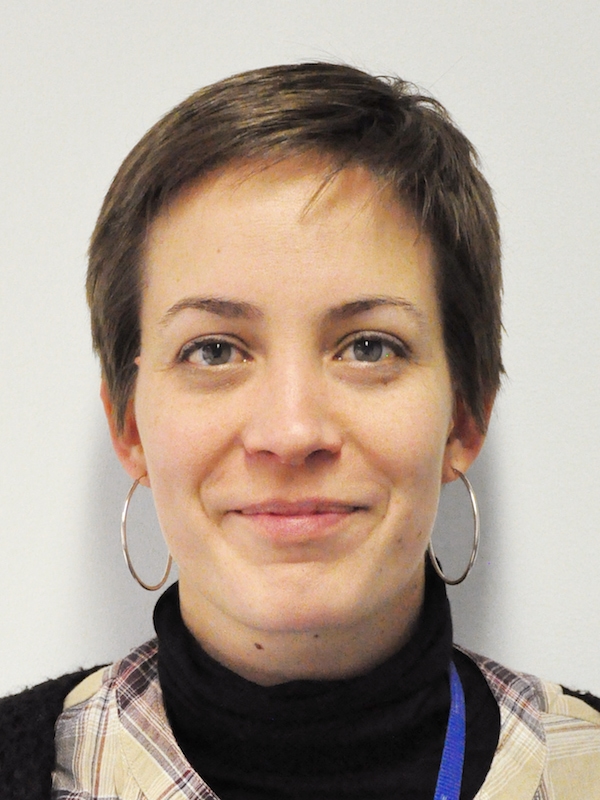
Sophie Helaine
Harvard Medical School
Department of Microbiology, HIM 1034
4 Blackfan Circle
Boston MA 02115
Tel: 617-525-7374
Email: Sophie_Helaine@hms.harvard.edu
Website: helainelab.com
Lab Size: Between 5-10
Summary
Resistance to antibiotics is arguably one of the most important challenges facing human health in the coming decades. It can arise through the acquisition of new genes or through mutations in existing genes that block antimicrobial action. Resistance is compounded by the phenomenon of persistence in which cells transiently enter a nongrowing state that prevents antibiotic killing. Persister cells are multidrug tolerant bacteria thought to be responsible for the recalcitrance of many infections to antibiotic treatment, including those caused by Mycobacterium tuberculosis, Salmonella enterica, Pseudomonas aeruginosa and pathogenic Escherichia coli. The eventual resumption of growth by persisters may account for infection relapses and the need for recurring therapy. Accordingly, persistence has been shown to be a stepping-stone towards the development of antibiotic resistance. There is therefore a pressing need to understand the formation, physiology, survival and impact of persisters during infection so that effective ways to clear them can be identified. Antibiotic persistence during infection involves the ability of persisters to survive the combined actions of drugs and host immune responses. Thus, even though persisters have been studied for many years, little is understood about their formation and survival in a host and their effect on infection outcomes. A major focus of our research program is therefore to study persister biology in a host context.
Publications
Stapels DAC, Hill PWS, Westermann AJ, Fisher RA, Thurston TL, Saliba AE, Blommestein I, Vogel J, Helaine S. Salmonella persisters undermine host immune defenses during antibiotic treatment. Science. 2018 Dec 7;362(6419):1156-1160. doi: 10.1126/science.aat7148.
Balaban NQ, Helaine S, Lewis K, Ackermann M, Aldridge B, Andersson DI, Brynildsen MP, Bumann D, Camilli A, Collins JJ, Dehio C, Fortune S, Ghigo JM, Hardt WD, Harms A, Heinemann M, Hung DT, Jenal U, Levin BR, Michiels J, Storz G, Tan MW, Tenson T, Van Melderen L, Zinkernagel A. Definitions and guidelines for research on antibiotic persistence. Nat Rev Micro. 2019 Jul; 17(7):441-448. doi: 10.1038/s41579-019-0196-3.
Rycroft JA, Gollan B, Grabe GJ, Hall AM, Cheverton AM, Larrouy-Maumus G, Hare SA and Helaine S. Activity of the family of acetyltransferase toxins involved in persister formation of Salmonella during macrophage infection. Nature Communications. 2018 May. doi: 10.1038/s41467-018-04472-6.
Cheverton AM, Gollan B, Przydacz M, Wong CT, Mylona A, Hare SA, Helaine S. A Salmonella toxin promotes persister formation through acetylation of tRNA. Mol Cell. 2016 Jul:63(1):86-96.
Helaine, S.*, Cheverton, A., Watson, K.G., Matthews, S., Faure, L. and Holden, D.W. Internalisation of Salmonella by macrophages induces formation of non-replicating persisters. Science. 2014 Jan 10;343(6167):204-8.
